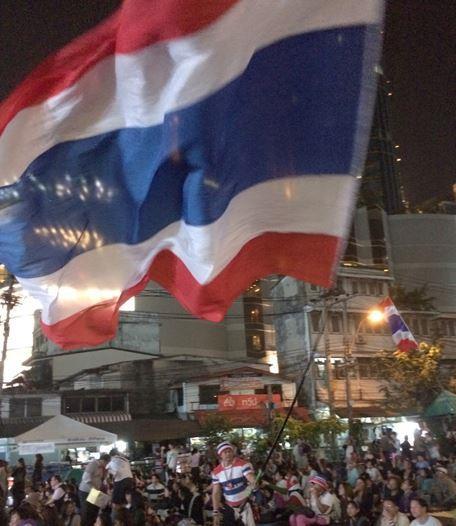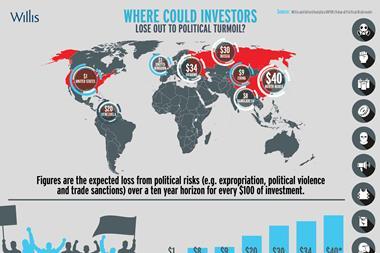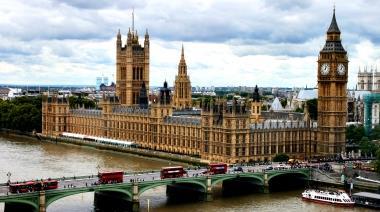Asia editor Sean Mooney on why the political turmoil in Thailand shows no signs of improvement and threatens to further hamper the country’s economic growth

Writing about corporate risk issues in Thailand has become trickier of late, as people based in the country are increasingly reluctant to talk about the political impasse in which the nation finds itself. This is only normal when it is unclear who will run the government.
The situation in Thailand is a perfect example of political risk leaving corporates in limbo. During a recent examination by StrategicRISK of the country’s risk landscape, one of the recurrent topics was corruption. As one of our Bangkok-based associates puts it: “Whenever people want to be above the rules and laws, then money can talk. When dealing with authorities, sometimes talking and documentation are not sufficient, you must be able to pay the price to get what you want.” Corruption has become an unavoidable component of ‘business capital’ in Thailand, which is inevitably reflected in the cost of production and prices of commodities. Further, the so-called ‘patronage system’ is a culturally entrenched problem that holds sway over many organisations and only worsens during periods of political instability.
Some contacts lament what they perceive as a loss of Thailand’s ‘Buddhist ideals’ in an increasingly competitive and materialistic society. While some yearn for days of old, others feel that the past is holding Thailand back. Another Thai-based source says: “We are living in a changing world, however, the laws that have been used for centuries are still in force and are not practical in many circumstances.” The interpretation of these laws, especially in respect of corporate compliance, is becoming a complicated and contentious issue. We have heard of several circumstances in which businesses have felt unable to expand or diversify because of a lack of legal support for these activities – or owing to the fact that obtaining approval would take too long. “Laws are the pillars of justice that stand there for decades while business is dynamic and cannot wait,” as one contact put it.
The sight of people riding motorcycles without helmets and drivers not stopping for pedestrians at zebra crossings is so commonplace in Thailand as to not even rate a mention, except to say that this lack of enforcement of laws is creeping into the nation’s corporate landscape. From another Bangkok source: “We now see this on a much bigger scale, such as pollution of the air or contamination of underground water resources from toxic substance or the dumping of tons of toxic garbage that can cause cancer or lung disease in people who live nearby. At the core of the problem is the inability of the regulators to enforce the regulations and laws and, in many circumstances, having corruption behind the scenes.” There is also much cynicism about corporate governance in Thailand, with some organisations employing the term as ‘propaganda’ while otherwise ignoring its principles.
The effects of the significantly increased political risk in Thailand appear in all aspects of life. The breakdown of national unity, increasing violence, loss of confidence in the legal system and a reduction of business opportunity are inevitable results of such a seemingly intractable political conflict. According to the Thai Chamber of Commerce, political instability has struck a heavy blow on the tourism sector. The food sector, particularly those organisations involved in rice, tapioca, rubber and fish, has been adversely affected by ill-advised and populist government schemes and falling prices of agricultural products. Thailand’s inevitable economic slowdown is already prompting employers to reassess their manpower needs or downsize their operations, which has inevitably resulted in an increasing number of employment disputes.
Political uncertainty has distracted Thailand’s leaders from focusing on long-term development issues such as improving skills and competitiveness for far too long. To make matters worse, the natural resources, cheap labour and opportunities for investment found in neighbouring countries are looking more attractive as the crisis continues. Indeed, Thailand’s political and economic turmoil is a major crisis that threatens to deepen.
Corruption is rife and protectionist policies are so entwined within the Thai culture that the economy is incapable of functioning as a freely competitive market. The question on everyone’s lips is, where to from here?
For more Asia risk news, visit www.strategic-risk-global.com/asia/




















No comments yet